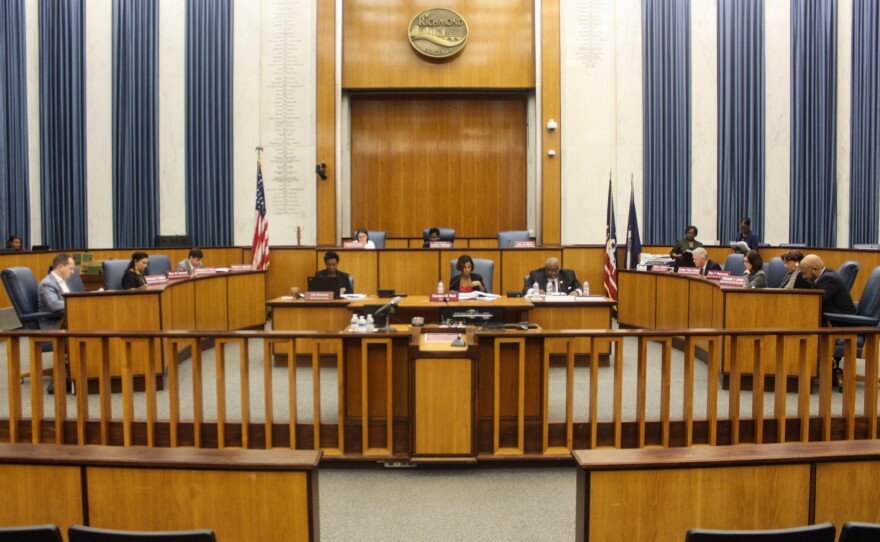Richmond City Council unanimously approved a resolution Monday night that could be a first step toward ensuring all residents have access to broadband internet.
The resolution directs city officials to put together a map of the existing underground fiber cable that Richmond owns. Most of that cable is used for municipal services, but the goal would be to use the map to create a strategy for ensuring universal broadband access.
City Councilmember Stephanie Lynch, an original sponsor of the resolution, said most people think of rural communities when they think of internet access, but it’s an issue right here in Richmond.
“We need to bridge that gap,” Lynch said. “Not only did the pandemic call attention to the digital divide, but it’s also an economic issue. Folks can’t get on the internet, fill out a resume or apply for a job. A lot of people rely on our public libraries, instead of being able to access it at their houses.”
A lack of broadband access, particularly in low-income communities, has been an issue for the city as it responds to the COVID-19 pandemic. Richmond Public Schools handed out more than 6,000 Wi-Fi hotspots after switching to virtual classes.
The resolution blames market failures for keeping low-income communities from accessing the internet in an increasingly digital society. Fixing those, though, maybe be tougher than it seems.
In an impact statement submitted to City Council, Bob Steidel, Richmon’s deputy chief administrative officer of operations, and Charles Todd, director of information technology, argued the resolution needed further discussion, citing cybersecurity concerns and legal risks.
Steidel and Todd said the city’s geographic information systems portal, which is partially available to the public, already contains non-public data, including fiber optic infrastructure. They said that information is protected, and access is limited only to city employees who need it to perform their duties.
Steidel and Todd wrote that existing agreements with telecommunications companies, legal liability and protecting confidential data are all potential impediments to opening up the city’s network to the public.
“The City designed its existing network for the primary purpose of transmitting data utilized by the City government in the conduct of operations,” they said. “The physical and technological protection of that infrastructure and the data that pass through it are of the utmost importance.”
The city expanded public Wi-Fi access to seven community centers, including Westover and Whitcomb. Doing so, Steidel and Todd said, required them to ensure it didn’t impact data speed and that government and public data flows were separated. They say similar considerations would have to go into universal broadband access.


